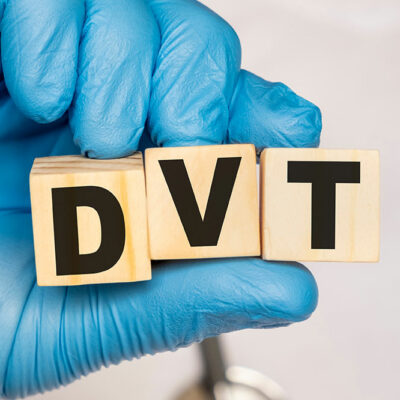
Diagnosis and Treatment of Nasal Polyps
Nasal polyps are associated with respiratory conditions like asthma, allergies, and other chronic inflammation. People with immune disorders or with drug sensitivities too can develop polyps. Since they do not disrupt daily life or cause great discomfort, many tend to ignore nasal polyps.
Read on to know about diagnosis and treatment methods for nasal polyps.
Diagnosis of nasal polyps
1. Medical history and physical examination
Doctors will understand the severity of the symptoms, ask you about other allergies or recent infections, and analyze the cause of your symptoms. They do a physical exam to check for vital signs and abnormalities. They will use a light to see any obstruction in the nasal cavity. They may also order other tests to confirm the diagnosis.
2. Nasal endoscopy
Endoscopy is an invasive procedure, where a thin tube with a tiny camera is sent through the nose. A nasal endoscopy gives a clear and enlarged picture of the polyps, helping doctors confirm the diagnosis.
3. Blood and allergy tests
Blood tests are ordered to check for allergens or any other abnormality that can cause nasal polyps. Doctors may even order skin prick tests or blood tests to see to screen for allergies.
4. CT Scan
If endoscopy visuals are not clear, doctors may order a CT scan of the area surrounding the nasal cavity. They take an X-ray of the nostril. The images are then magnified, using which doctors can come to a proper diagnosis.
Complications of nasal polyps
Nasal polyps must be diagnosed and treated on time. Untreated nasal polyps can lead to complications like recurrent and chronic sinusitis and nasal deformity.
Treatment of nasal polyps
1. Medication for nasal polyps
The goal of nasal polyps treatment is to reduce the swelling and size of the polyps. Doctors start with either corticosteroid nasal sprays or oral medication that can reduce the swelling and improve symptoms.
If nasal corticosteroids do not help reduce nasal polyps, doctors may prescribe oral corticosteroids with nasal sprays. These oral corticosteroids are prescribed for a short period as they have side effects.
If nasal polyps are caused by aspirin sensitivity, doctors conduct an aspirin desensitization procedure under the guidance of an allergy specialist. They will gradually increase aspirin doses so that your body develops tolerance to aspirin.
If other conditions cause nasal polyps, doctors will treat the underlying condition to improve symptoms and reduce the size of the nasal polyps.
2. Surgery
If medication fails, doctors may conduct an endoscopic surgery. Here, a tiny tube connected to a tiny instruments is inserted up the nasal passage. Using this instrument, doctors remove polyps and other substances that block the nasal passage.


